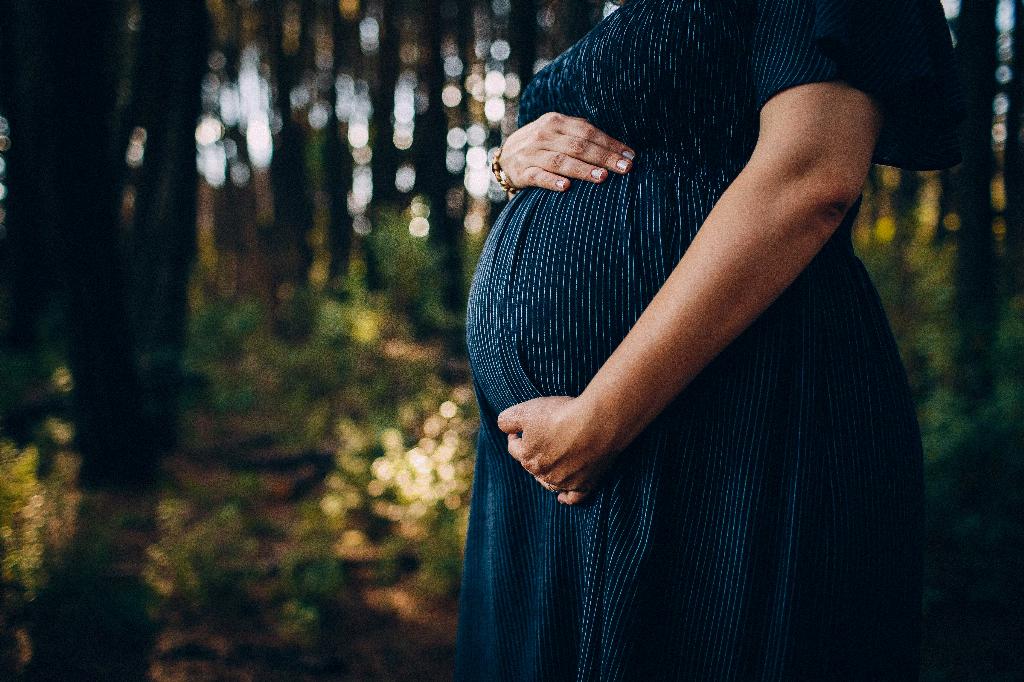When it comes to the safety of taking Vitamin D3 during pregnancy, there are important considerations expecting mothers should keep in mind. Experts generally agree that supplemental Vitamin D is safe for pregnant women, with dosages up to 4,000 international units per day considered to be within safe limits.
During pregnancy, the body’s demand for Vitamin D increases to support the developing fetus’s bone growth and overall health. While Vitamin D can be obtained through sunlight exposure and dietary sources, some pregnant women may require supplementation to meet their increased needs.
Research suggests that adequate levels of Vitamin D during pregnancy may help reduce the risk of complications such as pre-eclampsia, gestational diabetes, and preterm birth. Additionally, maintaining optimal Vitamin D levels is crucial for the baby’s bone development and immune system function.
However, as with any supplement, it is essential for pregnant women to consult with their healthcare providers before starting Vitamin D3 supplementation. This is particularly important for women with preexisting medical conditions or those taking other medications, as high doses of Vitamin D may interact with certain drugs.
Although data on the safety of higher doses are limited, sticking to the recommended dosage of up to 4,000 international units per day is generally considered safe during pregnancy and lactation. Excessive intake of Vitamin D can lead to toxicity, which may result in symptoms such as nausea, vomiting, and weakness.
It is worth noting that Vitamin D toxicity is rare and usually occurs with extremely high doses well above the recommended amounts. Therefore, pregnant women should not exceed the recommended dosage without consulting their healthcare providers.
Some studies have suggested a potential link between Vitamin D deficiency in pregnant women and an increased risk of certain complications, such as low birth weight and preeclampsia. Supplementation may help address these risks and support overall maternal and fetal health.
Furthermore, Vitamin D plays a crucial role in calcium absorption, which is essential for maintaining healthy bones and teeth. Ensuring an adequate intake of Vitamin D during pregnancy can help support the mother’s bone health and reduce the risk of conditions such as osteoporosis later in life.
In conclusion, Vitamin D3 supplementation in moderate doses is generally considered safe and beneficial for pregnant women. However, individual needs may vary, and it is best to consult with a healthcare provider to determine the appropriate dosage based on specific circumstances and health status. By addressing potential deficiencies and supporting overall health, Vitamin D supplementation can contribute to a healthy pregnancy and the well-being of both the mother and the developing baby.

